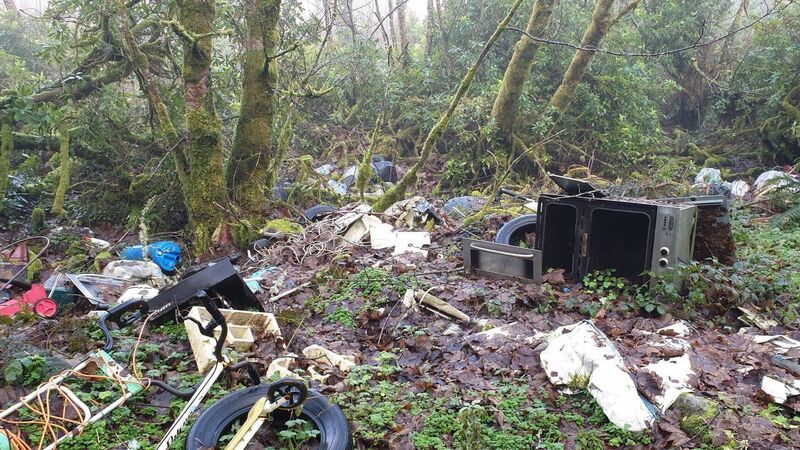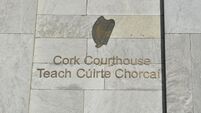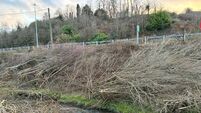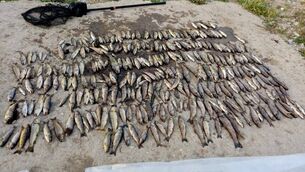Just 2% of Co Cork householders causing 'massive damage' to environment with illegal dumping

A small number of dumpers can have a disproportionately large impact on the environment, councillors told. File picture
Just 2% of householders in Co Cork do not have a legitimate means of disposing waste and some of them could be responsible for tonnes of illegal dumping, according to a report compiled by Cork County Council’s environment directorate.
The council has released information which shows about 92,100 households are availing of kerbside collections by private waste companies, which represents some 81% of all households.















